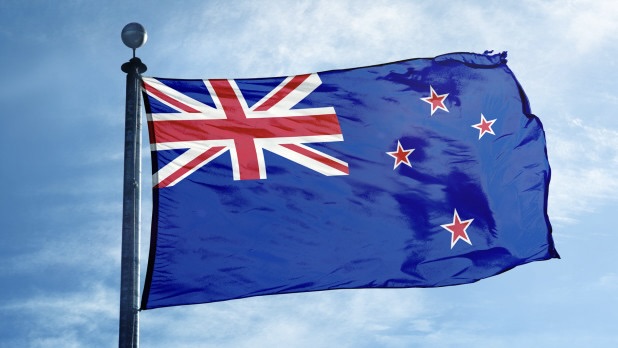New Zealand’s Online Casino Licensing Bill: Key Provisions

On June 30, the New Zealand government introduced the Online Casino Gambling Bill, marking the first time in the country’s history that online casinos may be licensed and regulated domestically.
General Provisions
Purpose of the Bill
The bill aims to create a regulated environment for online casinos, ensuring player protection and government oversight.
It prohibits unlicensed operations and introduces strict rules on advertising and gambling accessibility.
Scope of the Law
The law applies nationwide and covers all operators offering access to online casinos from within or into New Zealand.
Role of the Secretary
The Secretary is responsible for overseeing licensing, ensuring compliance, and maintaining a public registry of licensed operators.
Online Casino Licensing
License Limits and Conditions
- Up to 15 licenses will be issued between 2026 and 2029
- Licenses are valid for 3 years, extendable up to 5 years
- No more than 3 licenses may be held by a single operator
- Licenses are non-transferable; ownership changes require reassessment
- Licenses must be activated within 90 days of issuance
Licensing Process
- Expression of Interest – submission of an initial application
- Competitive Selection – applications reviewed against set criteria
- Final Application – includes additional documentation and confirmation of readiness
Scope of Licenses
Licenses cover slots, card games, and online poker. Sports betting is not included in the bill.
Fees and Financial Obligations
- License fee – 12% of Gross Gaming Revenue (GGR)
- Penalties – up to $3 million for violations
Operator Requirements
Age Verification and Consumer Protection
- Players must be 18 years or older
- Operators must exclude problem gamblers from participation
- No credit may be offered for online gambling
- Games must display a registration icon and sound cue on launch
Advertising and Marketing
Advertising is allowed only for licensed operators and must follow strict guidelines to protect minors.
Data Collection and Sharing
- Operators must collect and store operational data
- Information sharing with international regulators is permitted
Enforcement and Compliance
Regulatory Actions
- Formal warnings for minor violations
- Legally binding agreements with operators
- Takedown orders for illegal content
Penalties and Sanctions
Violations may result in substantial financial penalties, including fines and court orders. Criminal charges may apply for involving persons under 18.
Complaints and Appeals
- Citizens may submit complaints to the regulator
- Operators can appeal licensing decisions in court
Public Registry and Transparency
An open registry of licensed operators and issued licenses will be established and updated in real-time.
Next Steps
The bill will undergo a first reading and public hearings in the Select Committee at the end of 2025. The licensing regime is expected to launch in early 2026.
